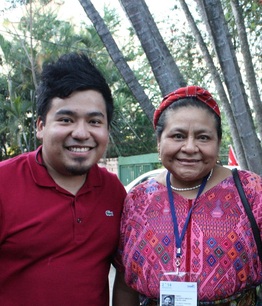 In Feb. 2014, Jorge Cuéllar served as an electoral observer in the Salvadoran presidential elections. Pictured with world-renowned indigenous rights activist Rigoberta Menchu.
In Feb. 2014, Jorge Cuéllar served as an electoral observer in the Salvadoran presidential elections. Pictured with world-renowned indigenous rights activist Rigoberta Menchu.
SalvCultura Editor Jorge Cuellar Goes to United Nations World Conference on Indigenous Peoples9/30/2014  In Feb. 2014, Jorge Cuéllar served as an electoral observer in the Salvadoran presidential elections. Pictured with world-renowned indigenous rights activist Rigoberta Menchu. In Feb. 2014, Jorge Cuéllar served as an electoral observer in the Salvadoran presidential elections. Pictured with world-renowned indigenous rights activist Rigoberta Menchu. On September 22-23, SalvaCultura news editor and doctoral student Jorge Cuéllar participated as part of a Yale delegation of indigenous students to the World Conference on Indigenous Peoples hosted at United Nations in Manhattan. As part of this excursion, Cuéllar served the role as observer of the deliberations and proceedings, and was witness to energetic and moving presentations by important political and indigenous leaders such as Rigoberta Menchu, Evo Morales, Oren Lyons, Enrique Peña-Nieto, Sauli Niinistö, among others.
0 Comments
Central American Women Crossing Mexico Face High Rates of Sexual Abuse
An informative piece by Fusion asks “Is rape the price to pay for migrant women chasing the American Dream?” The articles notes that 80% of Central American women crossing Mexican territory on their way to the United States experience sexual assault. The scenario is something all too common, and largely goes unaddressed when talking about the migration experiences of Central Americans. In it’s opening line, the video article captures some of what entails women’s migratory experience, “Before they can reach the American Dream, many migrant women have to survive a Mexican nightmare.” Not every Central American woman makes it to the US, and in many Southern Mexico towns, there are local underground economies based on trapping these women into sex work. Watch the video and read the article here. Central American Experts Discuss the Root Causes of Border Crisis Melissa Harris Perry hosted a panel of Central American experts that included Héctor Perla Jr., Salvadoran-American professor at UC Santa Cruz and the Guatemalan-born researcher, Tomás Ayuso to discuss the origins of the present-day border crisis. This segment included a special focus on Honduras, the country with the highest outmigration of unaccompanied child refugees to the U.S. The conversation touched on the role of internal violence, police militarization, among others though the U.S.-supported 2009 Honduran coup d’état which established these political conditions went largely unmentioned. It was also emphasized that Central American states are becoming increasingly draconian and repressive in response to the escalating drug war in the region and U.S.-led initiatives like CARSI (Central American Regional Security Initiative). For El Salvador, asserts Héctor Perla Jr.: El Salvador's changing path after 2009, has begun to go away from heavy-handed policies. You see the impact it's starting to have. The increase of children from El Salvador hasn't been as nearly as much, and El Salvador has always been the largest of the senders. Salvadorans are now the 3rd largest Latino Community in the United States Watch the video here.
Indigenous Guatemalans Win Against Mining Company Last week, Upside Down World reported on the Guatemalan government ruling in favor of indigenous people of the Sipacapa municipality. The story shows us how the Guatemalan subsidiary of transnational Canadian mining company Goldcorp Inc. was granted a mining permit in Sipacapan territory without consulting and without consent of the people who rightly occupy those lands. The Mayan Council of Sipacapa immediately organized in response to save their land from the environmental destruction that mining often brings to indigenous territories. Though the peoples of Sipacapa achieved an important victory, this is but one of many battles required against the numerous operational mining projects in Guatemala. Transnational mining is a chief regional problem in Central America. Read the article here. Written and curated by Daniel Alvarenga and edited by Jorge Cuéllar |
ABOUTSalvaCultura is a portal for the Central American diaspora and their issues. Learn More. Categories
All
Archives
November 2016
|
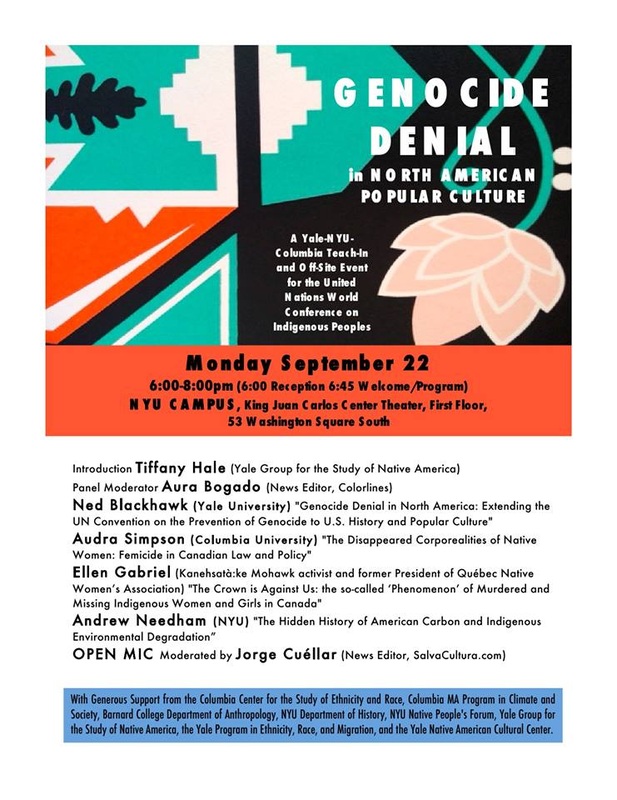
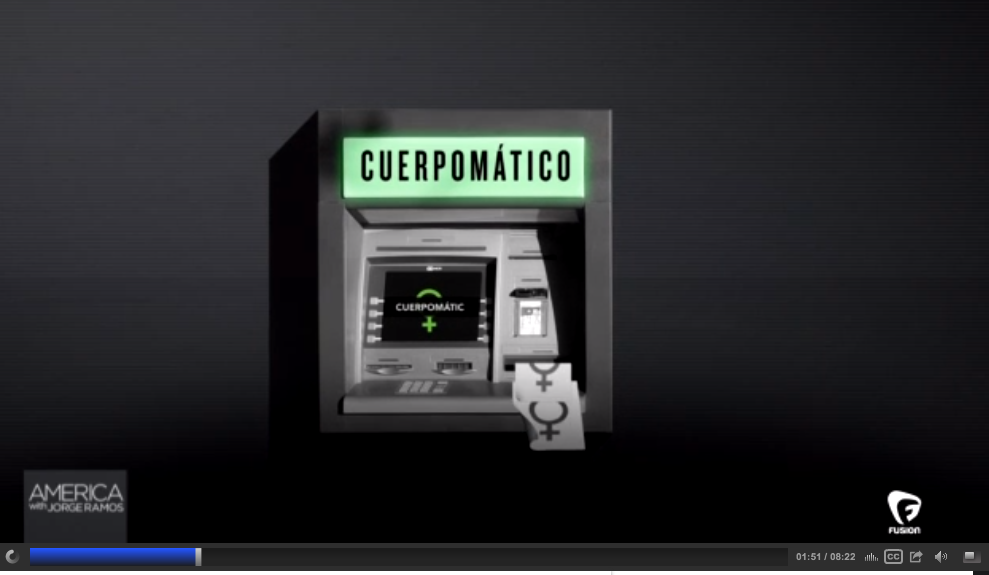
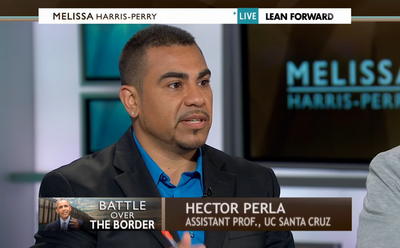
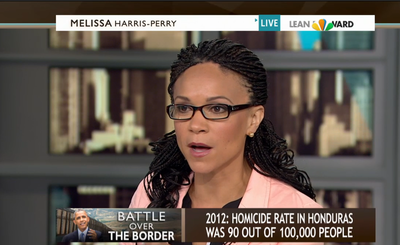
 RSS Feed
RSS Feed
